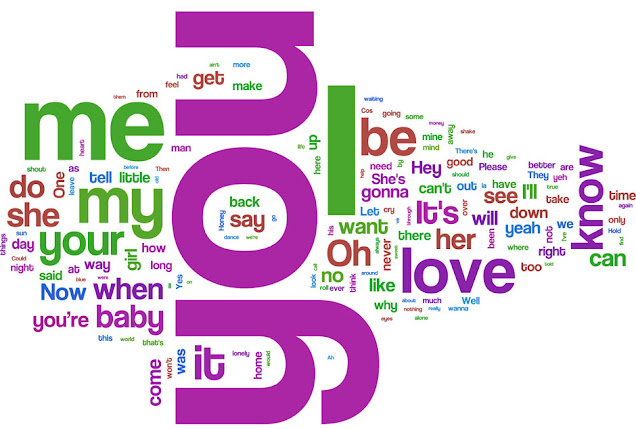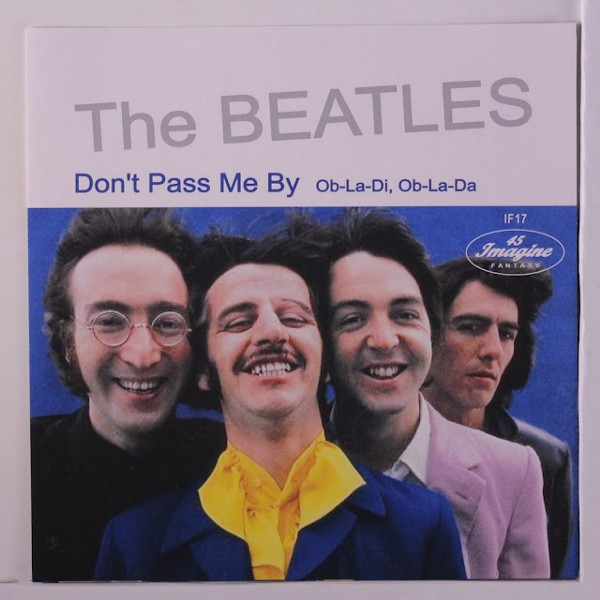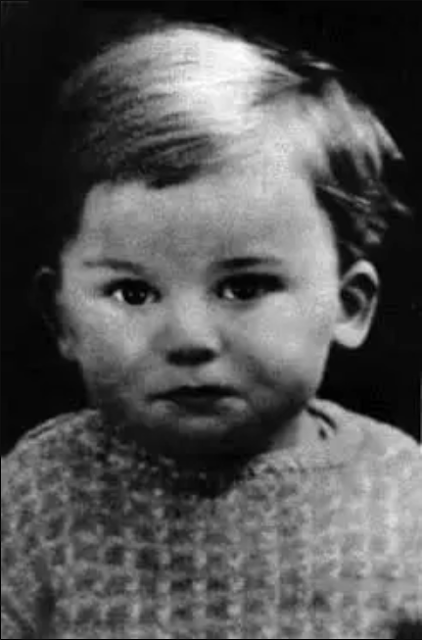Which 'Britishisms' did The Beatles introduce to America?
The Beatles first flew into New York in February 1964. They had what to many American ears was a charmingly fresh approach to the English language.
Interestingly, this came across more in their spoken interviews than their lyrics. Early Beatles songs consciously followed the established 'American' style: 'I Wanna Be Your Man'. In fact 'I want to hold your hand' arose from a direct request from Brian Epstein for a single tailored to the US market.
Atlantic Crossing
Success gave The Beatles to licence (or license!) to 'act naturally' as their song put it. They were influenced by Dylan's looser 'freewheeling' approach but could not draw on the same Americana heritage, even at one remove. We now know that Dylan was not a former freight-train riding hobo but he looked the part. Part of the appeal of The Beatles was that they loved America but clearly did not come from it.
Made in Britain
On occasion Paul McCartney did write in a directly American idiom (Rocky Raccoon, Get Back). They were fine songs but were essentially Dick Van Dyke doing cockney in reverse. Great fun but highly unconvincing.
The more they wrote, the more they drew on British cultural and linguistic references. By the mid-Sixties these permeate their song lyrics. Here are a small selection:
- the (UK) National Health Service (from ‘Dr Robert’)
- '...the News of the World (newspaper notorious for sex scandal stories from ‘Polythene Pam’)
- ‘ring my friend’ (‘Dr Robert’ Americans would say call)
- 'Time for tea’ (British advertising jingle from ‘Good Morning, Good Morning’)
- Dressing gown (‘She’s Leaving Home’(bathrobe in US English).
- Plasticine porters in ‘Lucy in the Sky with Diamonds’ – the American equivalent Play-Doh doesn’t quite work here.
- 'Such a stupid git' ('jerk')
- 'Doris gets her oats' (on Let it Be). A 'Doris' is an unflattering reference to a female and 'oat' is British slang for sex
'Britishisms in Beatles Lyrics' Harold Somer


